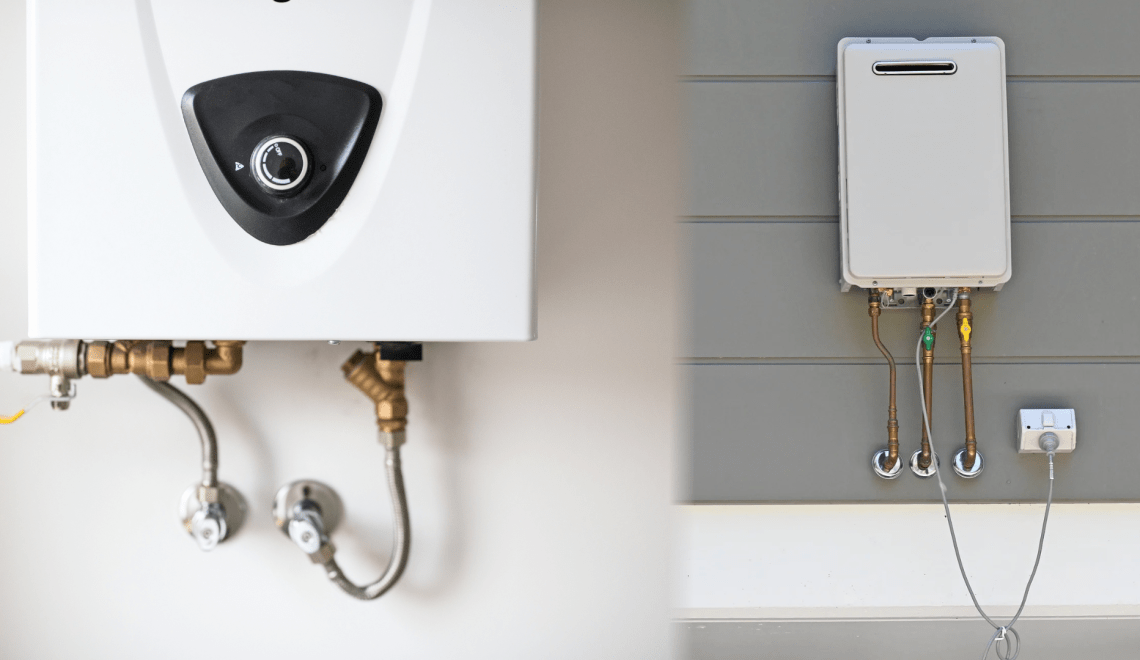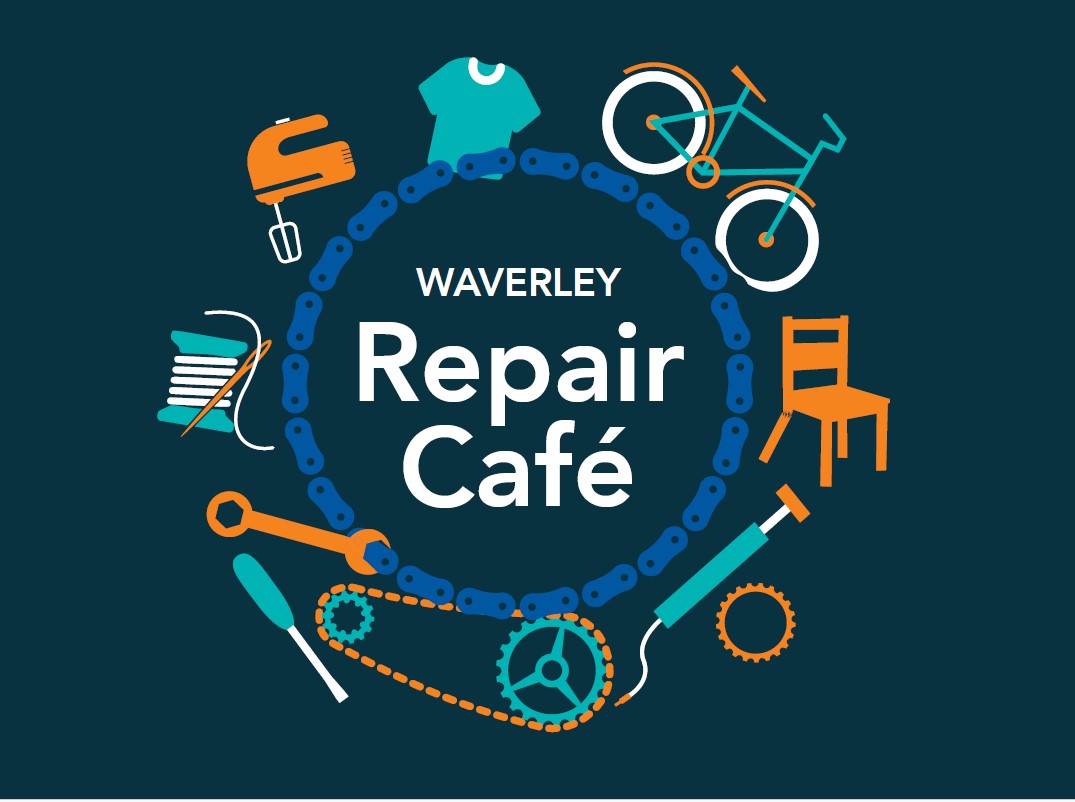
When it comes to choosing a hot water system for your home, two of the most common options in Australia are electric and gas systems. While both do the same job—deliver hot water on demand—their efficiency, running costs, installation complexity and environmental impact are different.
The right choice depends on several factors, including your household size, energy availability, budget and sustainability goals. In this guide, we break down the key differences between electric and gas hot water systems to help you decide which one is best for you.
How Electric and Gas Systems Work
Electric hot water systems heat water using electric resistance elements, like an electric kettle. They can be storage-based, where water is preheated and stored in a tank or instantaneous, where water is heated on demand.
Gas hot water systems use natural gas or LPG (liquefied petroleum gas) to heat the water. Like electric systems, they come in storage and instantaneous models, but gas units heat water faster.
Upfront and Running Costs
“Electric hot water systems are notorious for being one of the cheapest options to install but one of the most expensive to run”, says Metropolitan Hot Water Plumbers
Electric Systems
- Upfront cost: Generally cheaper than gas units, especially for smaller capacity storage tanks.
- Running cost: More expensive due to electricity tariffs—especially if you’re on a peak plan or using daytime power.
- Off-peak options: Some homes can take advantage of off-peak electricity tariffs to reduce costs, but this requires a larger tank and timed heating cycles.
Gas Systems
- Upfront cost: More expensive to purchase and install, especially if your home doesn’t already have a gas connection.
- Running cost: Cheaper than electric in many cases as gas prices are generally more stable and efficient for heating water.
- Availability: You’ll need a connection to natural gas or the ability to use LPG bottles.### Gas Hot Water
- Efficiency: Gas heats water faster and more efficiently, especially in colder climates.
- Environmental impact: While gas burns cleaner than coal-generated electricity, it’s still a fossil fuel and contributes to greenhouse gas emissions.
Verdict: If you’re looking for lower emissions, an electric system powered by renewable energy (like rooftop solar) will be the better long-term solution.
Reliability and Performance
Electric Systems
- Recovery rate: Slower, especially with storage units. Households may run out of hot water during peak demand periods.
- Instantaneous models: These can deliver unlimited hot water on demand but may struggle to serve multiple taps at once.
- Vulnerable to outages: In the event of a power outage, electric systems will stop working.
Gas Systems
- Recovery rate: Faster than electric, making them more suitable for larger families or homes with high hot water demand.
- Instantaneous options: Provide a continuous flow of hot water, often with better pressure and temperature control.
- Works during blackouts: Gas systems can still function during power failures, which is a big advantage in some areas.
Installation Considerations
Electric
- Easier to install, especially in homes without existing gas lines.
- Takes up less space, especially with compact instantaneous models.
- Indoor and outdoor options available.
Gas
- Requires a licensed gas fitter for installation, which can add to upfront costs.
- It may require ventilation if installed indoors.
- Outdoor gas units are common and often preferred due to their safety and ease of access.
Note: In older homes, upgrading from electric to gas may require modifications to pipework or meter installation, which can increase installation time and cost.
Suitability Based on Household Type
| Household Type | Best Option |
| Small households (1-2 people) | Electric (instantaneous or storage) |
| Medium families (3-4 people) | Gas (instantaneous) or off-peak electric |
| Large families (5+ people) | Gas storage or high-capacity instantaneous |
| Off-grid homes | LPG gas system or solar with electric backup |
| Solar-powered homes | Electric hot water integrated with solar PV |
Rebates and Incentives
In some Australian states, government rebates are available for upgrading to more energy-efficient systems, such as heat pumps or solar electric water heaters.
For example, under the Victorian Energy Upgrades (VEU) Program, households can receive incentives for replacing inefficient electric or gas systems with approved alternatives. More information can be found at www.energy.vic.gov.au.
What’s Right for Your Home?
Choosing between an electric or gas hot water system depends on your home’s existing infrastructure, hot water usage, energy prices, and long-term sustainability goals.
- Choose electric if:
- You want a lower upfront cost
- You’re planning to use rooftop solar or off-peak power
- You have a small household and moderate water use
- Choose gas if:
- You have an existing gas connection
- You have a larger family or higher demand
- You want quicker heating and backup during outages
For ultimate efficiency and cost savings, consider hybrid options such as electric heat pumps or solar hot water systems with electric boosters.
If unsure, speak to a licensed plumber or energy advisor to help you assess your specific household needs. The right system will reduce your bills, lower your carbon footprint, and ensure your hot water never runs out—no matter the season.








